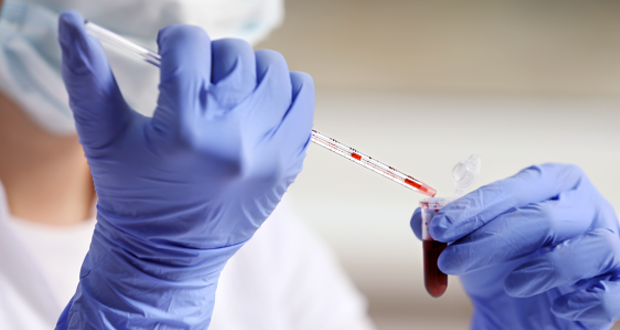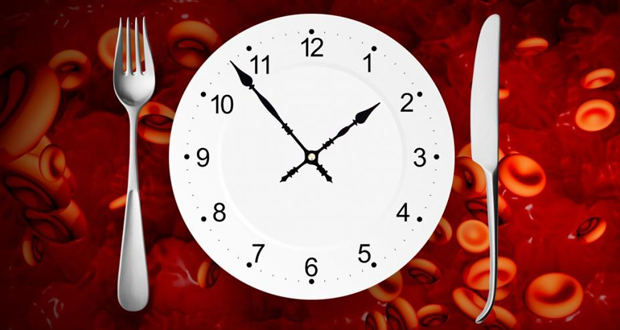
Blood test detects and locates cancer before symptoms appear
A blood test which not only detects cancer but identifies where it is in the body, has been developed by scientists. The breakthrough could allow doctors to [highlight]diagnose specific cancers much earlier, even before signs such as a lump, begin to show[/highlight]. It is simple enough to be included in routine annual health checks alongside other tests such as for high blood pressure or cholesterol.
The test, called CancerLocator, has been developed by the University of California, and works by hunting for the DNA from tumours which circulates in the blood of cancer patients. The team discovered that tumours which arise in different parts of the body hold a distinctive ‘footprint’ which a computer can spot.
“Non-invasive diagnosis of cancer is important, as it allows the early diagnosis of cancer, and the earlier the cancer is caught, the higher chance a patient has of beating the disease,” said Professor Jasmine Zhou, co-lead author from the University of California at Los Angeles. “We have developed a computer-driven test that can detect cancer, and also identify the type of cancer, from a single blood sample. “The technology is in its infancy and requires further validation, but the [highlight]potential benefits to patients are huge[/highlight].”
Around 350,000 people are diagnosed with cancer in Britain each year, but 90 per cent of people will survive most types for at least five years if it is spotted early. In contrast only five to 15 per cent of people survive five years if cancer is picked up late. To create the new test, the US team built a computer database containing specific molecular patterns which occur in tissue when tumours were present. Some markers of DNA damage show up no matter which cancer is present, while others are specific to the type of tissue they originated from, such as lung of liver. They also compiled a ‘molecular footprint’ for non-cancerous samples which can be used to give patients the all-clear.
The test was checked ten times on blood samples from 29 liver cancer patients, 12 lung cancer patients and five breast cancer patients. It picked up eight out of 10 cancers, and gave a false positive on fewer than one in 100 occasions. Although the level of tumour DNA present in the blood is much lower during the early stages of these cancers, the program was still able to make a diagnosis demonstrating the potential of this method for the early detection of cancer, according to the researchers. Professor Zhou added: “In general, the higher the fraction of tumor DNAs in blood, the more accurate the program was at producing a diagnostic result.”
The research was published in the journal Genome Biology.





